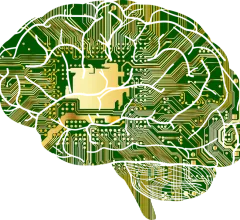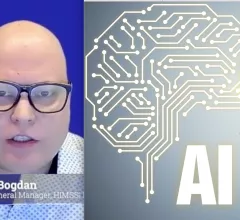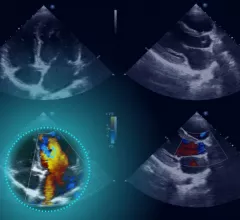Artificial Intelligence
Artificial intelligence (AI) is becoming a crucial component of healthcare to help augment physicians and make them more efficient. In medical imaging, it is helping radiologists more efficiently manage PACS worklists, enable structured reporting, auto detect injuries and diseases, and to pull in relevant prior exams and patient data. In cardiology, AI is helping automate tasks and measurements on imaging and in reporting systems, guides novice echo users to improve imaging and accuracy, and can risk stratify patients. AI includes deep learning algorithms, machine learning, computer-aided detection (CAD) systems, and convolutional neural networks.
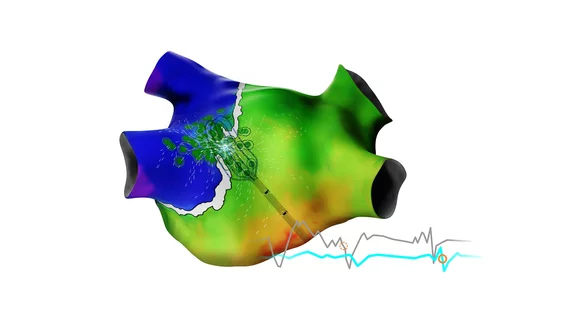
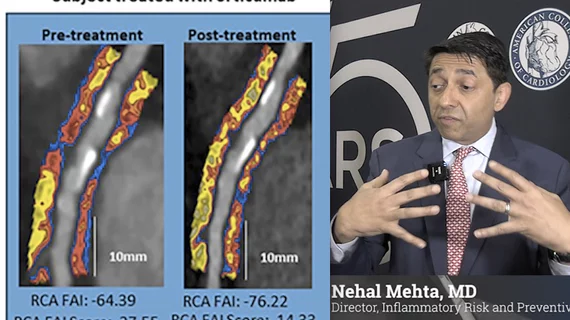


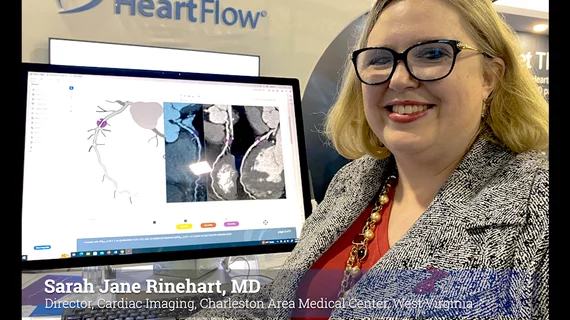
![A study published this week in the Journal of the American College of Cardiology (JACC): Cardiovascular Imaging shows artificial intelligence (AI) algorithms can more rapidly and objectively determine calcium scores in computed tomographic (CT) and positron emission tomographic (PET) images than physicians.[1] The AI also performed well when the images were obtained from very-low-radiation CT attenuation scans. https://doi.org/10.1016/j.jcmg.2022.06.006](/sites/default/files/styles/240x220/public/2022-09/ai_cac_calcium_score_reading_study_for_pet_ct.jpg.webp?itok=cN0NJzQG)
